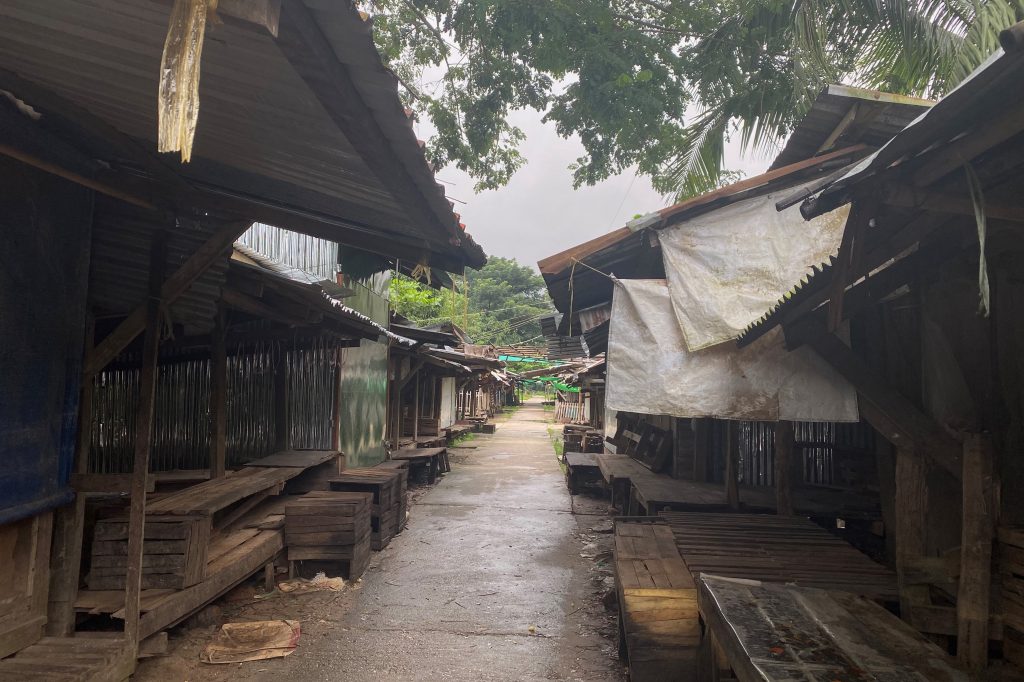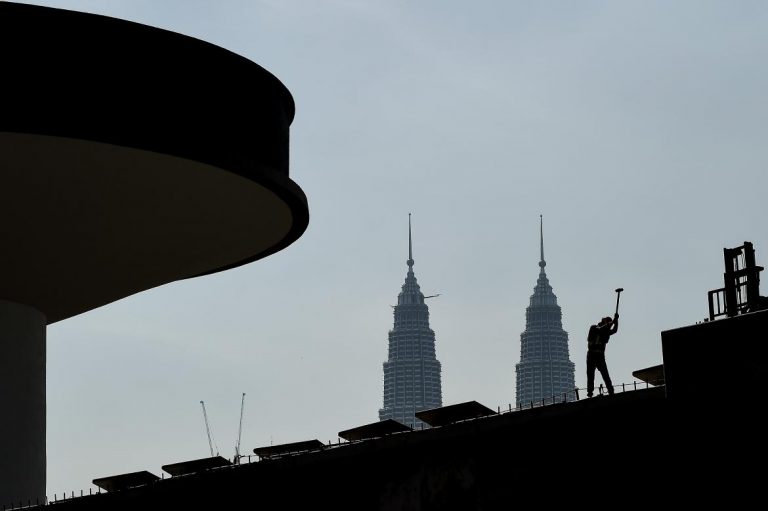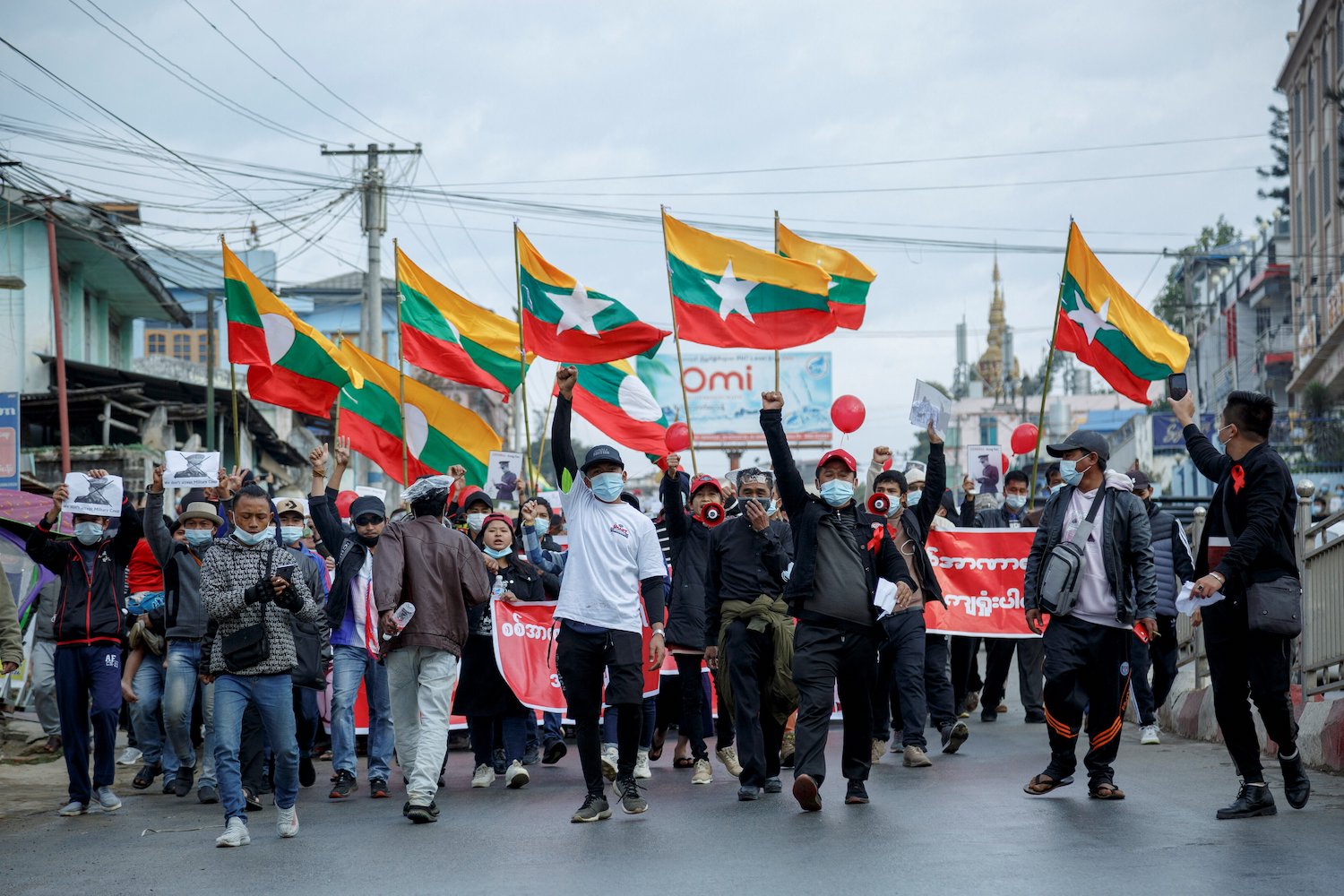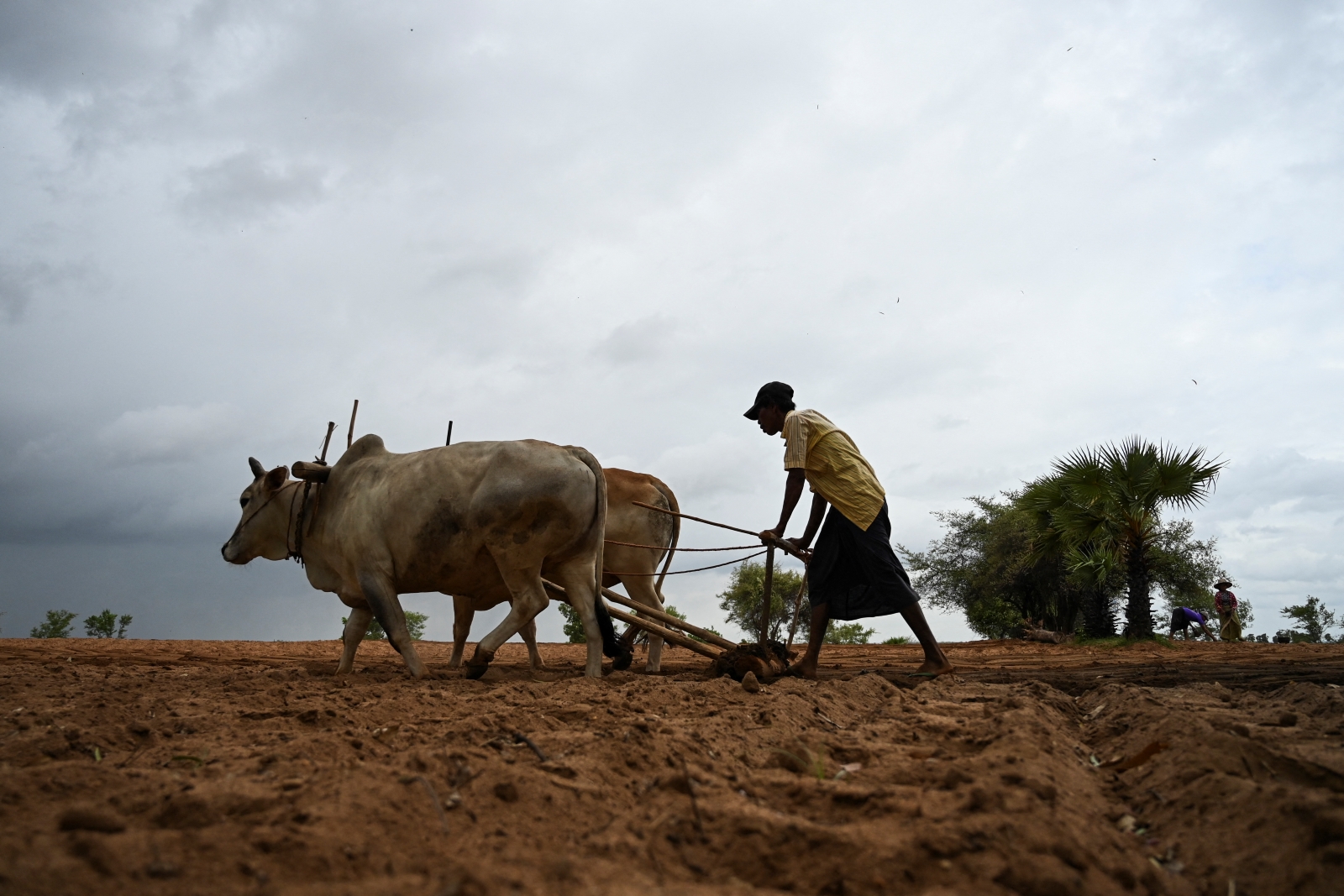Residents of a village in the heart of the Ayeyarwady Delta that weathered the first two waves of COVID-19 unscathed say incompetent and uncooperative officials are to blame for a deadly outbreak in their community.
By FRONTIER
As the third wave of COVID-19 engulfed Yangon in early July, my family and I made the five-hour journey to our home village in the heart of the Ayeyarwady Delta. Far from neighbouring towns, the village had weathered the first two waves of the pandemic without a single community transmission of the virus. We thought we would be safe there.
There are two ways to get to our village. The first takes you through Danubyu Township on the Ayeyarwady’s west bank, rumbling down the highway on a crowded bus before braving the winding river for hours by motor boat. The other route, through Apyauk, is terrible. The rain carves deep potholes into the dirt roads, making driving dangerous. That was the road we took — my parents, my nephew and I crawling along the ravaged roads in the family car. It was a long trip, but that was the point. We hoped that our village’s isolation would shield it from the virus’s spread.
We were wrong. While my family entered into a week of self-isolation, we learned that three residents had already been infected with COVID-19. They had likely caught it from a man who had arrived 10 days earlier. Like us, he had left Yangon to come home but died a day after his arrival.
There were no cases of COVID-19 in the village when the man died, and his relatives had no way of confirming if it was the virus that killed him as our village hadn’t received any testing kits from the military regime. In keeping with our traditions, his family kept his body laid out in their home for three days, after which dozens of guests filled the house for his funeral.
A few days later, people stopped being able to taste their food, and their sense of smell left them. Although many residents fell ill, the village had no testing kits to confirm their suspicions that they had COVID-19. There was also no personal protective equipment (PPE) to protect those taking care of sick family members.
Many kept their relative’s condition quiet, choosing to treat them at home so their houses were not put under lockdown. Only critically ill patients were sent to the village hospital, which serves the whole village tract. The delay in treatment proved fatal. By August 17, COVID-19 had claimed the lives of nearly 20 residents — a high toll for a village of just 2,000 residents.
The township health department did little to help. To test a person suspected of having COVID-19, the head of the village health department must first submit a form to the township department asking permission. If the patient was sick, but had not lost their sense of smell, the township department would refuse to issue a testing kit or give PPE to the family members taking care of them.
As the virus spread through the village, more and more people returned from Yangon and other urban centres. A number of residents urged the village head to set up a quarantine centre for the returnees with funds raised by wealthy residents, but the junta-appointed village tract administrator rejected the proposal.
“I don’t dare to start it without any instruction from higher ups,” he said.
During the first two waves of COVID-19, our villages managed to remain free of the virus, largely because administrators appointed under the National League for Democracy (NLD) government together with health officials and volunteers moved quickly to establish quarantine centres. The few positive cases among returnees were successfully isolated at the quarantine centre, and the village escaped those waves of the pandemic unscathed.
The third wave found our quiet village completely unprepared.
It takes a village
The village hospital has around 60 beds, but people infected with COVID-19 were not allowed to be treated there. Instead, they were sent to a 10-bed building normally reserved for sick monks. It wasn’t long before this little facility was overwhelmed.
Rather than stand by and watch the death toll rise, a group of young volunteers opened a COVID-19 treatment centre at the local high school. Funded by donations from fellow villagers, the volunteers travelled to Yangon and bought test kits and other essential medical supplies. Within days of their return, after testing negative for the virus themselves, the volunteers were able to use their new supplies to detect more than 10 positive cases. These individuals were admitted to the treatment centre and given three meals a day.
Family members of those who tested positive were required to self-isolate at home and were supplied with food and other necessities by their relatives and neighbours. They were also monitored by their neighbours to make sure they did not leave their homes. In a small community where everyone knows each other, it’s not hard to keep an eye on people.
In the second week of July, the village’s administration office banned it from receiving returnees and guests from other villages and towns. But with many people moving between the village and the fields every day, all of them masked, it was hard to separate the locals from the newcomers.
To minimise the risk of spreading the virus, a group of volunteers has been cremating COVID-19 victims as soon as possible after their deaths. The measure has been deeply upsetting for relatives who want to maintain the tradition of keeping the body at home for three days before the funeral, so they have time to say goodbye to their departed loved ones.
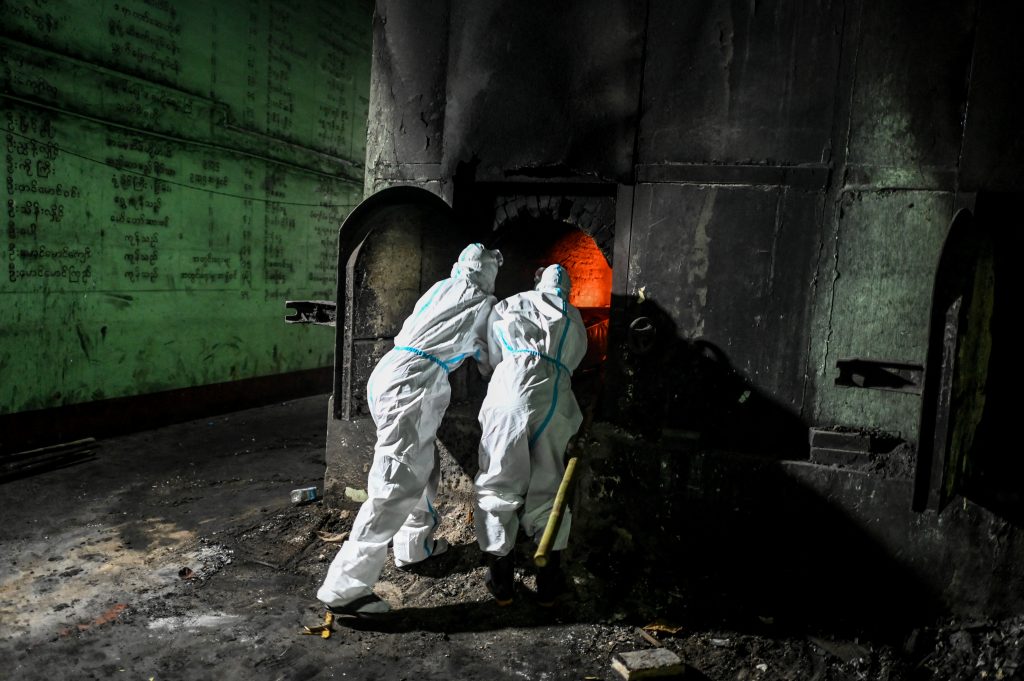
Locked down in a ghost town
As the outbreak wears on, many have become increasingly frustrated with the decisions of the administration office. As well as banning returnees from being admitted to a quarantine centre, it also ordered the closure of the market and all shops except those selling medical supplies. These measures have meant that there is nowhere for villagers to buy food for their meals. Although some suggested keeping the market open under strict social distancing conditions and other anti-COVID-19 precautions, their pleas were ignored. The market and shops were shut down for three weeks.
During these three weeks we were forced to rely solely on itinerant food vendors, which made life even more difficult as we struggled to cope with the outbreak. No one starved, but people’s choices were very limited. It was frustrating to not be able to buy what we wanted to eat even though we had money to pay for it. It was as if the whole village was under lockdown.
As the number of cases grew, our village became a ghost town. The streets were deserted, and people began closing the doors to their yards during the day, a practice once regarded as being unlucky for business in this community of farmers. But no one cares about their business when our whole village is facing a potentially fatal virus.
The people of my peaceful village are suffering, and they blame their plight on what they see as the military government’s incompetent response. Under the NLD, they say, they received clear instructions on how to respond to the virus, and had quarantine centres to keep COVID-19 from spreading. Under the military regime, they complain bitterly, they weren’t even given testing kits.
People kept saying the same thing over and over, showing the gulf between the trust they’d placed in the NLD government of Daw Aung San Suu Kyi, whom they still call Amay Suu (Mother Suu), and the military that has replaced it.
“If we were under Amay Suu’s government,” they told me, “we would not be suffering like this.”


